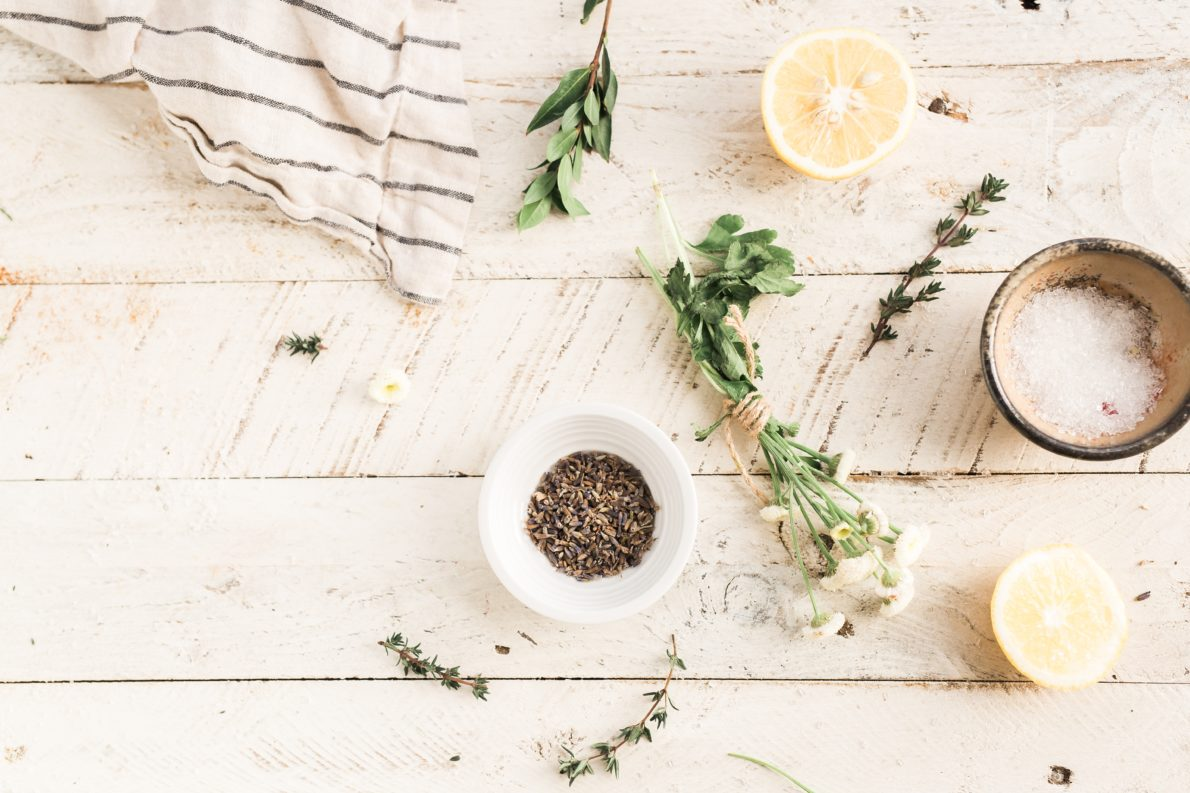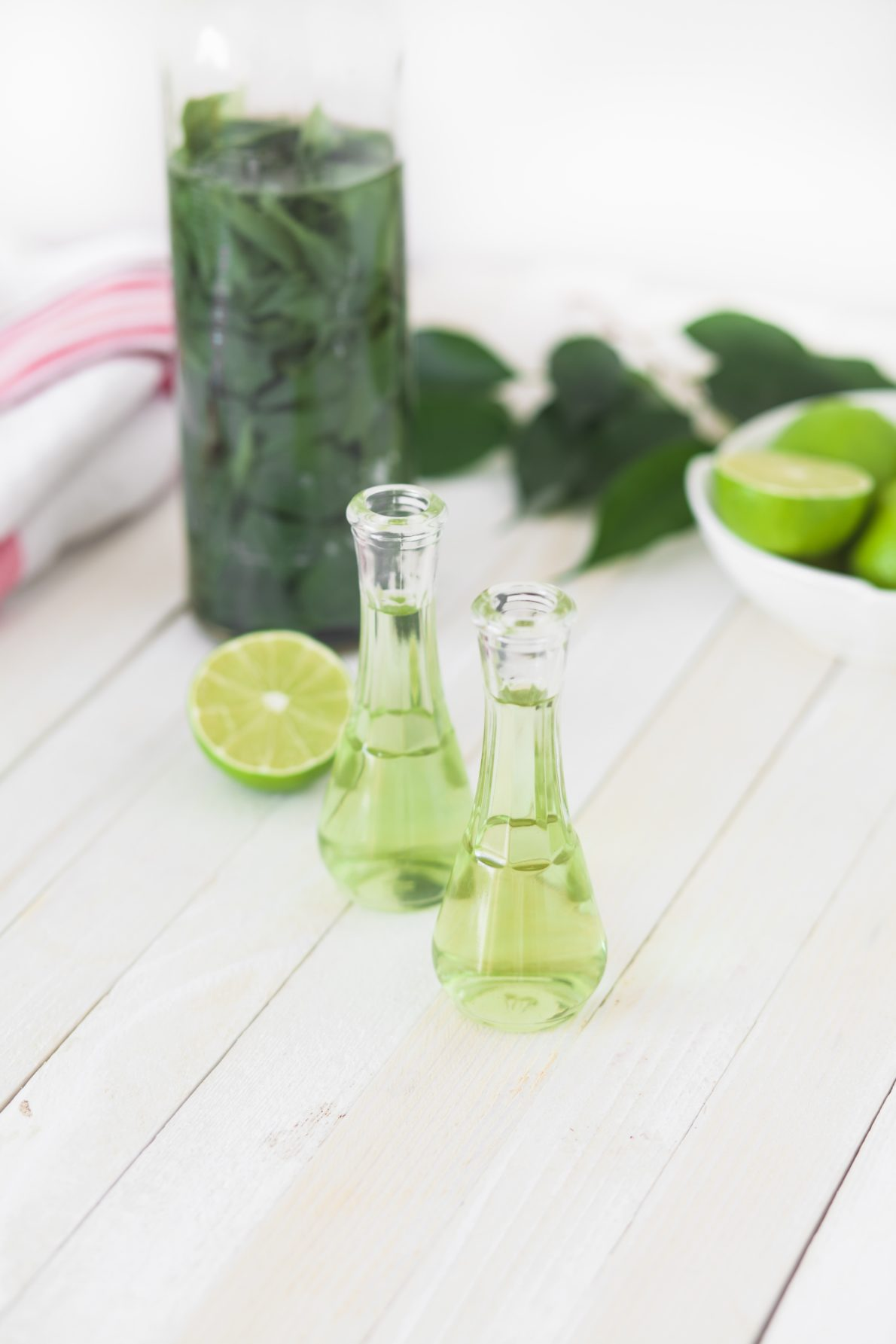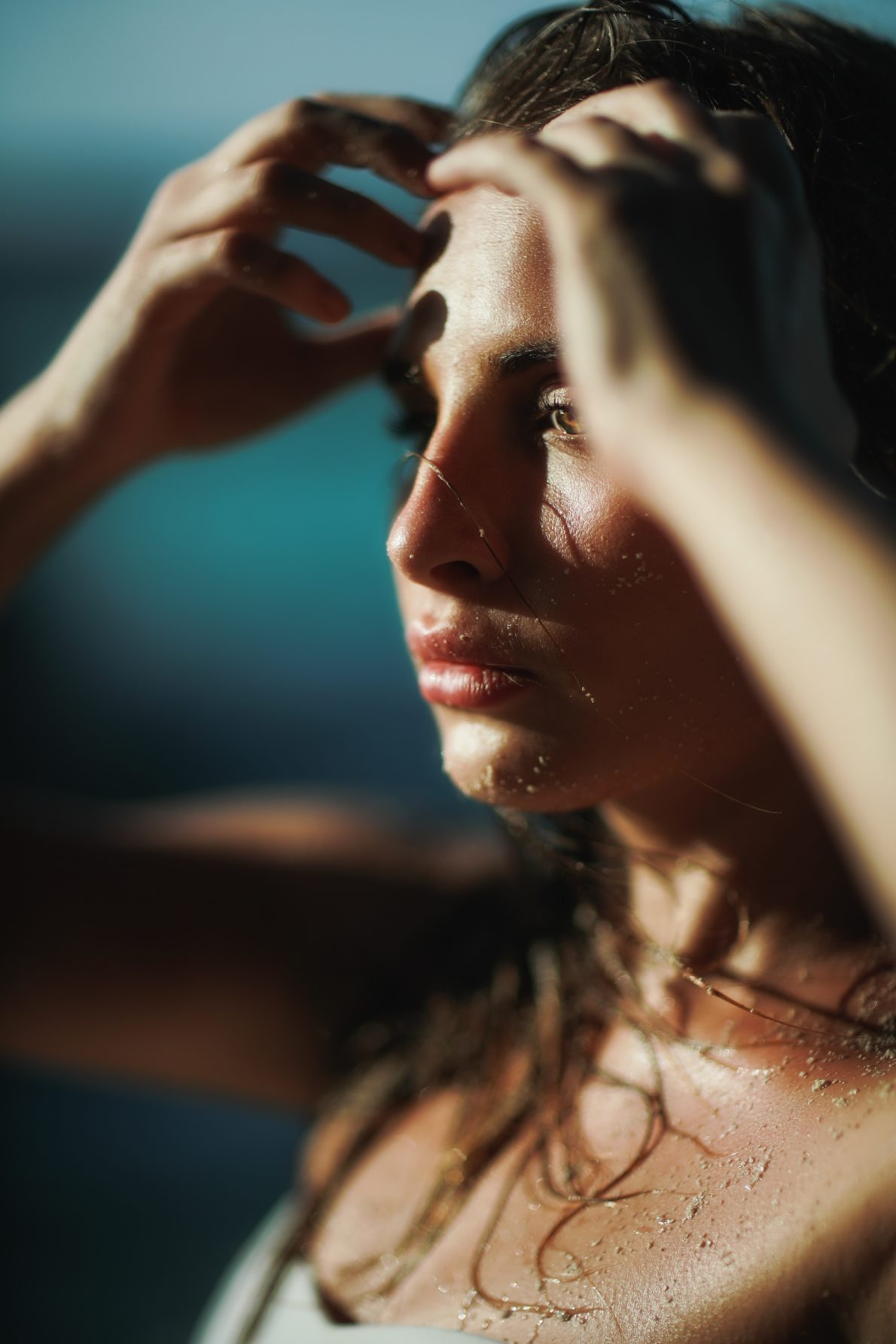Essential oils have made their way into most everyone’s homes. We certainly love essential oils and have found they’ve worked wonders for us in various situations – from skin conditions to anxiety – but, is it actually the oils? Or just a placebo effect? We’ve done our research and lay it all out so you can make the decision for yourself. Looking forward to the discussions that may come from this article!
A Brief History of Essential Oils
Humans have been using botanical essences for thousands of years, both as perfumes and to treat ailments. The Greek physician Hypocrites documented the effects of over 300 plants and their essences for use in medicinal practices.
During the Bubonic Plague of the 14th Century it was noted that less people died of the plague in areas where frankincense and pine were burned in the streets. A French chemist in 1928 submerged his burnt hand in a tray of essential oil of lavender and was astonished to discover his hand healed with no infection or scarring.
This lead to lavender being introduced to many hospitals in France, following which an outbreak of the Spanish influenza resulted in no reported deaths of hospital personnel.
Essential Oils Today
In today’s age, compounds can be manufactured. Although the scent of lavender can be synthesized using linalool, it is a harsher and less rounded scent than the real thing. The chemical complexity of a pure essential oil is crucial for its effectiveness.
Essential oils today are removed from plants by steam distillation or mechanical expression and are touted not only for use in perfumes but also in diffusers, bathwater, through topical application and even for ingestion. Mood, stress, insomnia, and pain are some of the many ailments thought to be improved through therapeutic use of essential oils. But is all this too good to be true?
What the Research Says…
When it comes to research concerning the use of essential oils, there just hasn’t been enough. One review of the research surrounding aromatherapy only discovered 200 publications of essential oil research, the results of which were inconclusive overall. With so many different essential oils being applied to such a wide range of uses there is a need for far more studies surrounding its use.
What Some Studies Are Showing
There are, however, some exciting implications for essential oils being supported by research. Various essential oils (most notably tea tree oil) have been effective fighting antibiotic resistant bacteria.
This suggests tea tree oil could be effective for use again infections, in soaps and cleaning products and even treatment for things such as acne. Diffusing rosemary has been shown to improve cognitive performance, lavender has been shown to reduce post-operative pain, and the scent of lemon has been effective in reducing nausea and vomiting in pregnancy.
So, although much of the research has been inconclusive thus far, the number of successes seen through experimentation warrant deeper investigation through well-designed studies.
The Surprising Power of Placebo
If the inconclusive nature of the research to date leaves you unconvinced of essential oil effectiveness, then consider its use as a pleasing placebo. The placebo effect has been known to bring about remission in chronic disease, reduce headaches and coughs, induce sleep and relieve post-operative pain.
The placebo effect is a complex neurobiological reaction that increases feel-good neurotransmitters and increases brain activity in regions linked to moods and self-awareness, providing a therapeutic benefit.
The ritual of engaging in an activity for self-help such as taking a medication or diffusing an oil can trigger the placebo effect, regardless of the effectiveness of the treatment. And not only that, but the placebo effect can work alongside an effective treatment increasing its potency. The stronger of an effect that you expect, the greater the treatment’s result is, making you happier and healthier.
The Science of Smells
Placebo effect aside, research has shown that simple exposure to pleasant odors can improve mood and productivity in subjects compared with those in an odor-free environment. A certain smell has no personal significance until it becomes connected to something that has meaning. For example, smelling a loved one’s perfume can conjure the person in your mind more than just a photo. Or more practically, when studying for a test you can utilize a certain scent, and if you bring that scent with you to the exam it can improve your ability to recall the information. By becoming aware of the way specific odors affect you, you can use the information to enhance your health and well-being.
Any pleasing smell can lift mood, but recent studies suggest that sweet smells work best. A sweet taste reduces pain by activating opioid and pleasure systems in the brain. Through our memory of the taste, a sweet smell will activate the same systems. This same method can be applied to relaxation. By smelling a certain scent when you are in a relaxed state, you can then utilize that scent to induce a feeling of relaxation even when it isn’t present.
So Do They Really Work, Or Not?
Essential oils may or may not work as advertised and it is very hard to tell because so little research has been done. The small amount of research that there is does show some exciting implications for their use physiologically in fighting stress, gastrointestinal symptoms, acne, drug-resistant bacteria and more. However when it comes to the effects of specific essential oils on mood the evidence is fuzzy. Utilizing essential oils as a pleasing smell in your day to day life can have powerful effects on both mood and physiological symptoms through scent association and the placebo effect. Since aromatherapy has few adverse effects, there’s no harm in using this to your advantage, and you may be curing yourself in the process. The truth is, that’s just too good ignore.
Looking for the Best Essential Oils?
Ready to take the plunge and get some essential oils for yourself? It can be overwhelming to navigate these waters since there are so many different brands, and so much information out there. We know how you feel, because we used to feel the same way. So, we put together this comprehensive guide to the best essential oils right here, to help you save the time we spent figuring out what brands to trust with our purchases.
Post time: Jan-12-2022


